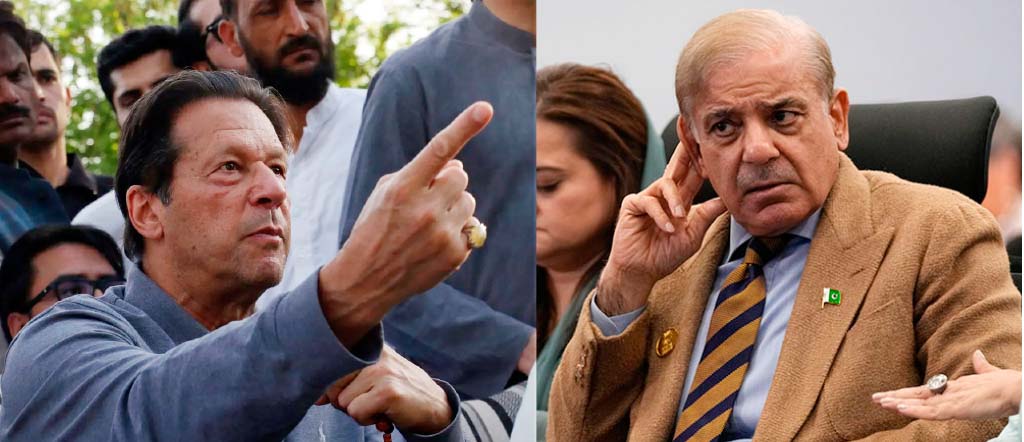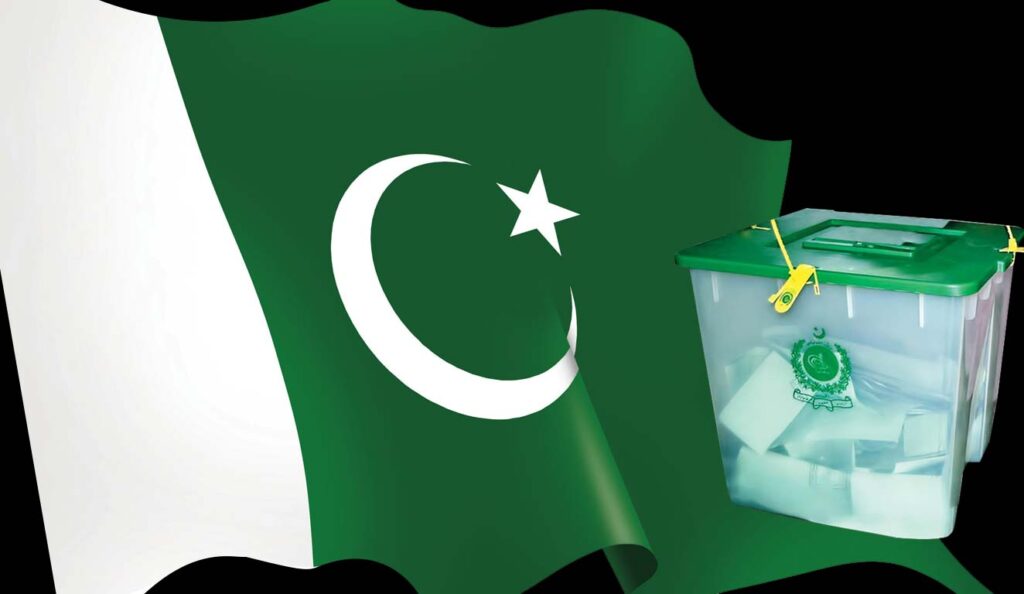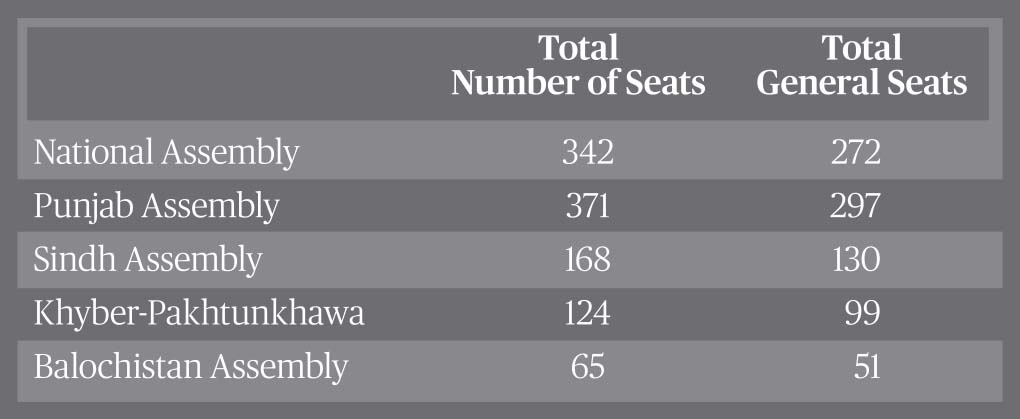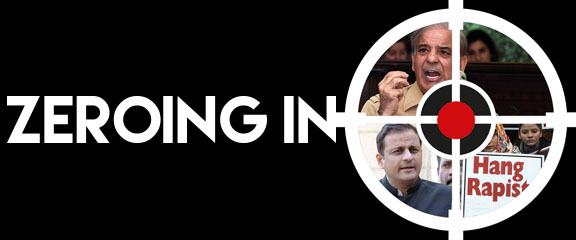Former premier Imran Khan tried to take another route to get the general elections he so desperately wants since his ouster from power in April this year. Rather than besieging Islamabad or launching street protests, as most of his followers and opponents expected him to do, Imran Khan decided to dissolve the Pakistan Tehreek-e-Insaf (PTI)-led Punjab and Khyber-Pakhtunkhawa assemblies on December 23, and ask his MPAs to resign from the remaining two – Sindh and Balochistan – where his party is in the opposition.
But the plan that Imran Khan supposed was democratic, peaceful and simple hit snags, too, as the Shehbaz Sharif government went out of the way to prevent the dissolution of the Punjab assembly. Governor Punjab Balighur Rehman was used to stall the dissolution of the provincial assembly, which he achieved by de-notifying the elected chief minister. Constitutional and legal experts described the governor’s de-notification move as well his earlier demand that the chief minister take a vote of confidence as illegal and technically flawed. And as predicted, the matter landed in the Lahore High Court which restored the chief minister, but on the condition that he won’t dissolve the provincial assembly till the next hearing, scheduled on January 11.
This is not the first time that a political matter landed in the court due to the inability of politicians to settle their political disputes inside or outside the house through dialogues. Politicians should not now mourn about their shrinking space when they themselves fail to play by the book and resort to unconstitutional tactics to prevent the rival a fair chance of moving ahead. Thanks to the Pakistan Democratic Movement (PDM) government’s obstinate and inflexible attitude, the country faces its worst political and constitutional crisis. And there appears no way out of this blind alley in which Pakistan has been stuck since earlier this year.
The nervousness in the government camp can also be seen from the fact that their hawks even got the local government elections in the federal territory of Islamabad postponed through legislation done in a house which even lacked quorum. The PTI and all those Pakistanis who want to see the rule of law in the country are justified in expressing their anger and aghast over these developments which are transforming the country into a banana republic.

Had Imran Khan succeeded in his plans to dissolve the two provincial assemblies and walking out of the remaining two and the National Assembly, it would have meant that out of the total 849 general seats in the country’s parliamentary system, comprising the National Assembly and the four provincial assemblies, at least 567, or nearly 67 per cent, would have fallen vacant.

This would have created an atmosphere of general elections in the country. The Shehbaz Sharif-led government, instead of allowing the vote to decide the matters, ensured that by hook or by crook the dissolution of provincial assemblies gets prevented. It means that in 2023, Pakistani politics would be messier, more polarized and confrontationist.
By dissolving the provincial assemblies, Imran Khan hoped to build enough pressure on the PDM government that it yielded to his main demand of holding fresh elections across the country. Therefore, demanding elections on 67 percent of general seats was in fact his fallback plan. Even this secondary option makes sense for the PTI as if provincial elections are held in KP and Punjab first, this would mean at the time of general elections, at least in these two provinces, instead of caretaker governments, the PTI’s provincial governments would be in place. It would give a lot of advantage to the PTI during polls.
But dissolving Punjab and KP assemblies and quitting the other two also involves risks. Imran Khan and his team would be deprived of the protection of two provincial governments at a time when the federal government, or at least the hawks in it, yearn to arrest some of the top-guns in the PTI, including the former premier in this or that case.
Pakistan’s history shows that when powers that be want to stop the march of popular force, they have many tricks in their bag to do so. So, by abdicating all the powers and walking out of the system, which Imran Khan calls “corrupt”, he will be placing himself totally at the mercy of his rivals, who appear to go to any length to eject him from power politics altogether. Therefore, skepticism in the PTI camp over this move is natural. The situation looks more ominous following the gun-attack on Imran Khan in Wazirabad, which left him and at least a dozen wounded and one person dead. It shows that at least some of Imran Khan’s opponents are ready to go to any extent to get rid of him politically and even physically.
Another big concern for the PTI camp is whether its main and only ally in Punjab – the Pakistan Muslim League-Quaid-e-Azam (PML-Q) of Chief Minister Chaudhry Pervaiz Elhai – is as reliable as it claims to be.

Despite Elhai’s and his son Moonis’ repeated public announcements that they would dissolve the Punjab Assembly at Imran Khan’s bidding, the veteran pro-establishment politician has openly said that he was not in favour of dissolving the provincial assembly. And the PDM is helping him in delaying the dissolution. Given Elhai’s close ties with the military establishment, there are concerns in the PTI camp that he may swing to the other side at the last minute.
Yet, for Imran Khan, the waiting game is also not an option. He has to keep the government under pressure and relentlessly keep pushing for the acceptance of his demands. Because even if he stops attacking, his rivals, especially the vengeful Sharif family, would come after him with full force. There are already many cases filed against the former premier and if the PML-N insiders, many are in the pipeline.
So despite all the risks, Imran Khan would try to win general elections by giving up 67 per cent of the general seats in the system to get what he wants. In a way, it is a much more prudent strategy than besieging Islamabad, staging dramatic sit-ins and protests, which will cost Pakistan much more than exercising this constitutional and democratic option. Against the backdrop of Pakistan’s peculiar law and order challenges, going for the street protests poses inherent dangers – from terrorism to protests getting out of control of the organisers and even failing to take-off.
As the political players remain unable to sort out their differences or chalk-out a way forward for the country, Imran Khan’s critics say that he wants the institutions, especially the new military leadership, to step in to help resolve the political crisis. The country’s continued political instability since early 2022 is compounding the economic crisis and offsetting efforts to put it back on track. If the political logjam continues, it would be disastrous for Pakistan.
Analysts say that the PDM’s dismal performance on the economic front and growing public discontent should also be a cause of concern for the new military leadership. .
Indeed, Imran Khan is the most popular leader, having support in all the federating units of Pakistan, but he faces heavy odds as all the entrenched political forces have ganged up against him. However, the civil and military establishment can act as a decider in favour of any one of the political side or help find a middle ground. So far, the establishment under the command of its new leadership, has not shown its cards – at least in the public, though the sources claim that covert efforts to find a solution continues with fits and starts.
But one thing is for sure that Pakistan continues to remain in stormy waters in the coming weeks and months. And unfortunately, no safe exit plans appear in sight against the backdrop of a grinding political deadlock. Yes, it is time for all of us to start worrying about the country’s future.



